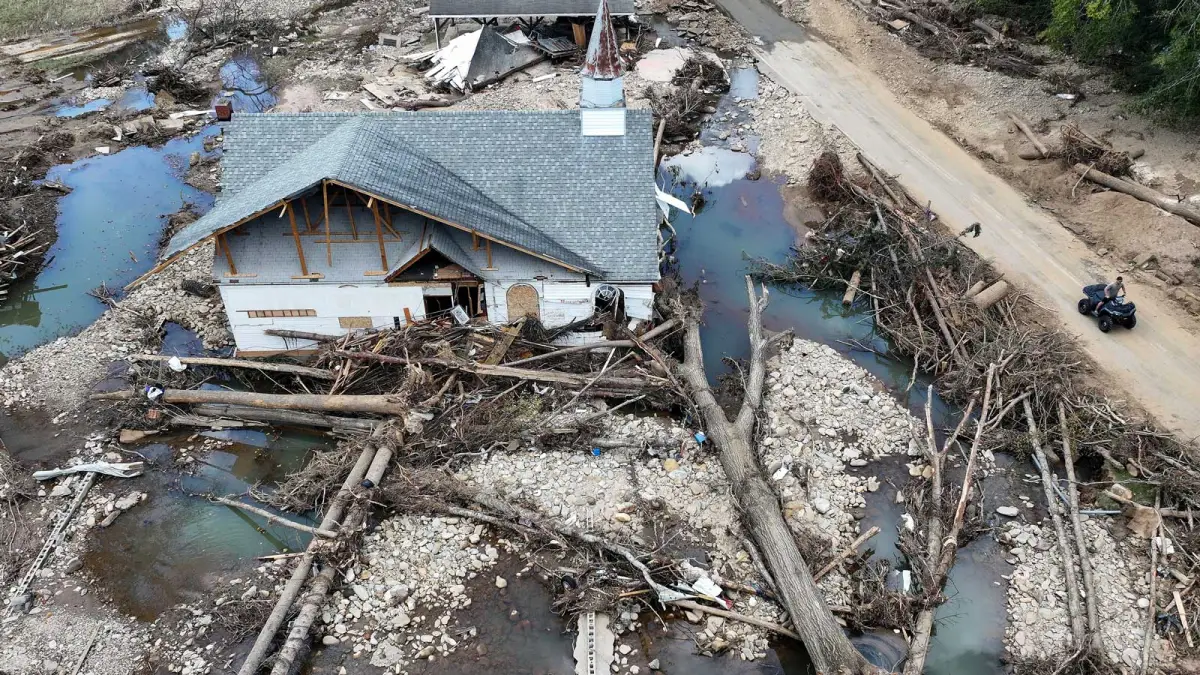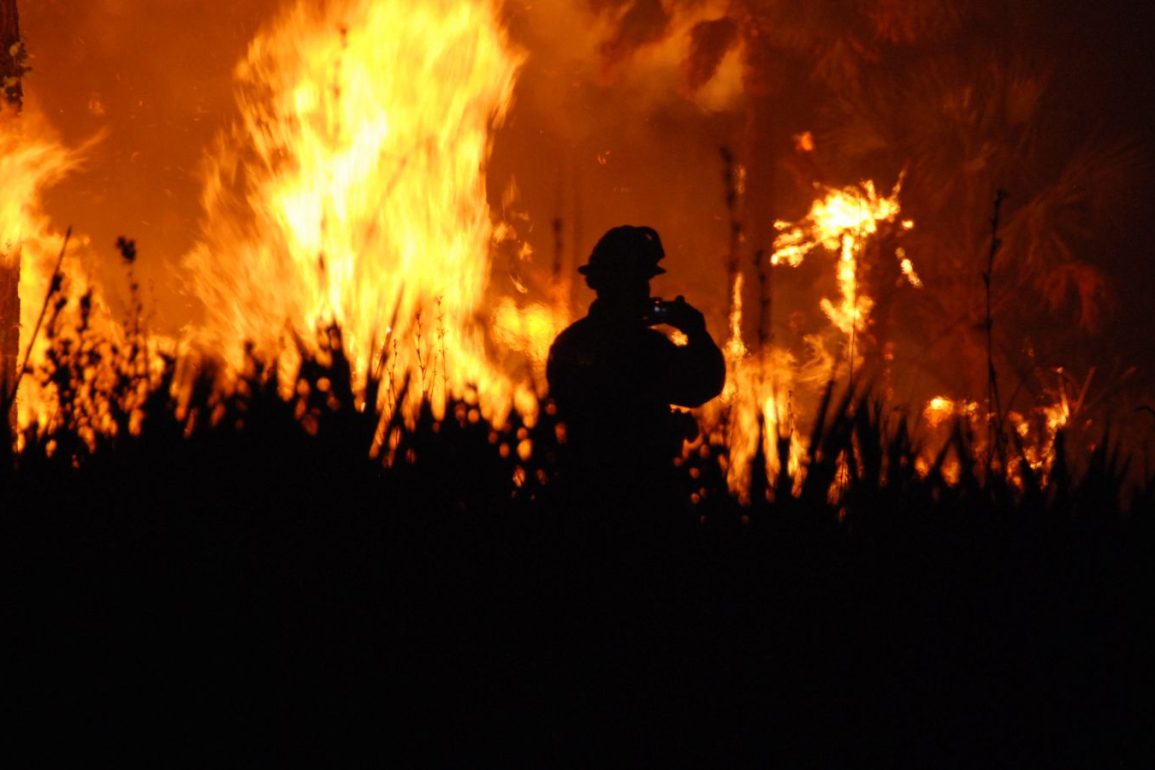In 2024, the climate crisis added six extra weeks of dangerously hot days for the average person, exacerbating the deadly effects of heat waves worldwide. This alarming trend was particularly severe in Caribbean and Pacific island nations, where people faced an additional 150 days of extreme heat, nearly half the year. The impact of global heating varied across regions, but it was evident that the world as a whole endured more dangerous heat than in previous decades.
An analysis by World Weather Attribution (WWA) and Climate Central revealed that nearly half of all countries experienced at least two months of extreme heat, with some regions like the UK, US, and Australia seeing an additional three weeks of elevated temperatures. The study underscored that the burning of fossil fuels was a major contributor to these heatwaves, which have become the deadliest consequence of the climate crisis. Experts warned that urgent action is needed to reduce carbon emissions and stop the burning of coal, oil, and gas to prevent further escalation.

The researchers stressed the importance of better heatwave reporting, noting that current data on heat-related deaths is often incomplete and grossly underestimated. It is feared that millions of deaths related to human-caused global warming have gone unreported in recent decades. Dr. Friederike Otto, co-lead of WWA, emphasized that the effects of fossil fuel-induced warming have never been clearer, highlighting the severe weather events of 2024, such as floods, hurricanes, droughts, and extreme heat, all exacerbated by climate change.
The study revealed that in 2024, the average person faced an additional 41 days of dangerous heat due to global warming. Specific countries and regions were hit harder, with Indonesia, Singapore, and several Central American nations experiencing 122 extra days of extreme heat. In the Middle East, countries like Saudi Arabia endured 70 additional hot days. Other countries like Brazil and Bangladesh saw about 50 extra hot days, while regions in Europe, such as Spain, Norway, and the Balkans, had an additional month of high temperatures.
Furthermore, hurricanes in 2024 were intensified by climate change. Researchers found that every Atlantic hurricane that year was stronger due to global warming, with storms like Beryl and Milton reaching Category 5 status because of the climate crisis. In the Philippines, a series of typhoons affecting millions was made more likely and severe by global heating. Experts like Julie Arrighi from the Red Cross Red Crescent Climate Centre stressed the need for accelerated adaptation efforts and better early warning systems to cope with the increasing frequency and intensity of extreme weather events.

